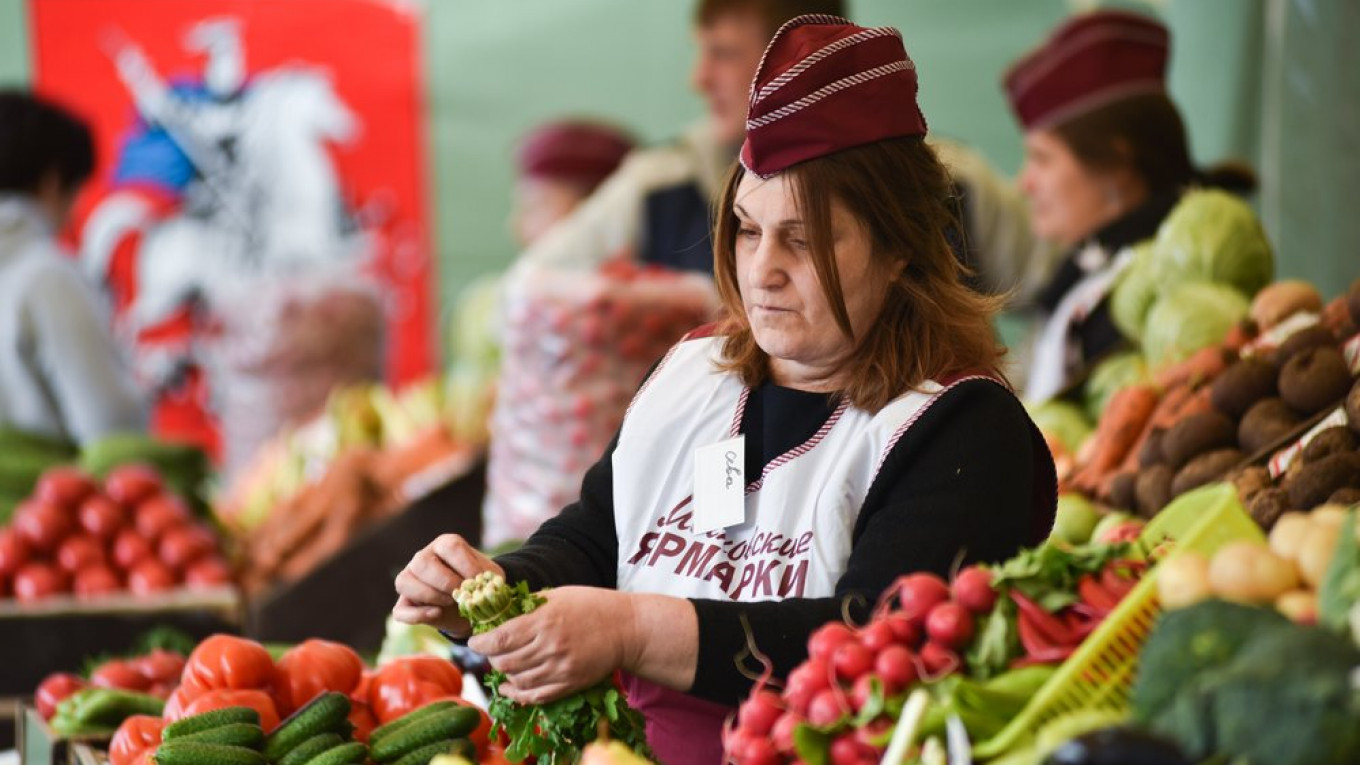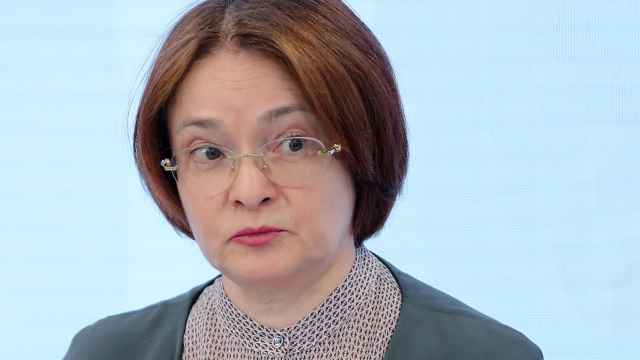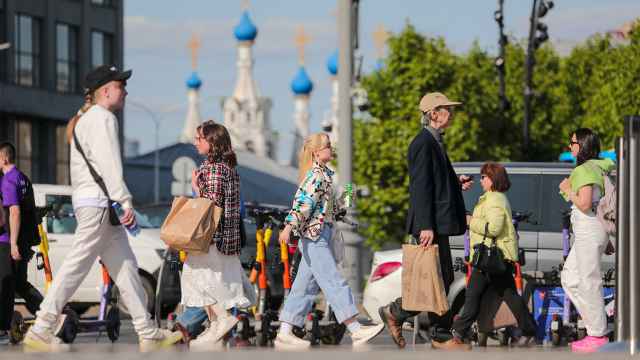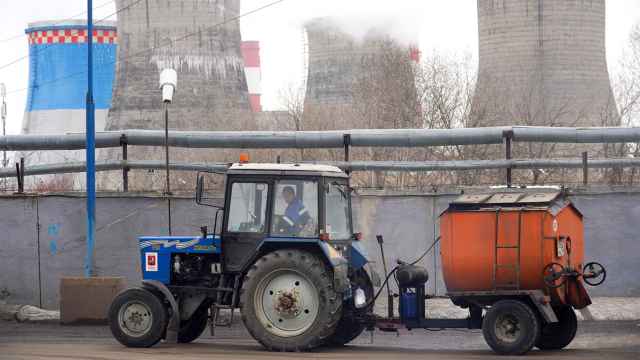Small and medium-sized enterprises (SMEs) make up just a fifth of Russia’s economy, the national statistics agency Rosstat has assessed.
Rosstat also said the contribution of SMEs to Russia’s GDP fell to 20.2% in 2018 from 22% in 2017, the most recently available data.
Russia defines SMEs as businesses employing fewer than 250 people, with annual revenues of under two billion rubles ($31 million), and meeting certain ownership and corporate governance rules.
President Vladimir Putin wants to increase the importance of smaller companies to the Russian economy. Under his flagship National Projects scheme, Putin set an official target for SMEs to contribute one-third of Russia’s GDP by 2024, when he is set to leave the presidency. By the end of this year, small companies should make up 23.5% of the economy — three trillion rubles ($48 billion) above where they were at the end of 2018.
However, experts told Russian news site RBC that small firms have been hit hardest by sluggish consumer demand in recent years, and that last year’s VAT hike could be responsible for a further deterioration in the sector in 2019, which would not yet have shown up in the Rosstat figures.
The Russian SME sector lags that of other countries. Under a different definition — just counting firms with under 250 employees — the Organization of Economic Cooperation and Development (OECD) found SMEs made-up 42% of Russia’s economy, compared to a typical level of 50-60% for developed nations.

“When taking the contribution of informal businesses into account, SMEs contribute to more than half of employment and GDP in most countries irrespective of income levels,” the OECD wrote in a 2017 report. “In addition, SME development can contribute to economic diversification and resilience. This is especially relevant for resource-rich countries that are particularly vulnerable to commodity price fluctuations.”
Other ex-Soviet countries boast a much larger share of SMEs in the national economy. For instance, in the EU member Baltic states — Estonia, Latvia and Lithuania — they account for more than two-thirds of GDP.
A Message from The Moscow Times:
Dear readers,
We are facing unprecedented challenges. Russia's Prosecutor General's Office has designated The Moscow Times as an "undesirable" organization, criminalizing our work and putting our staff at risk of prosecution. This follows our earlier unjust labeling as a "foreign agent."
These actions are direct attempts to silence independent journalism in Russia. The authorities claim our work "discredits the decisions of the Russian leadership." We see things differently: we strive to provide accurate, unbiased reporting on Russia.
We, the journalists of The Moscow Times, refuse to be silenced. But to continue our work, we need your help.
Your support, no matter how small, makes a world of difference. If you can, please support us monthly starting from just $2. It's quick to set up, and every contribution makes a significant impact.
By supporting The Moscow Times, you're defending open, independent journalism in the face of repression. Thank you for standing with us.
Remind me later.






